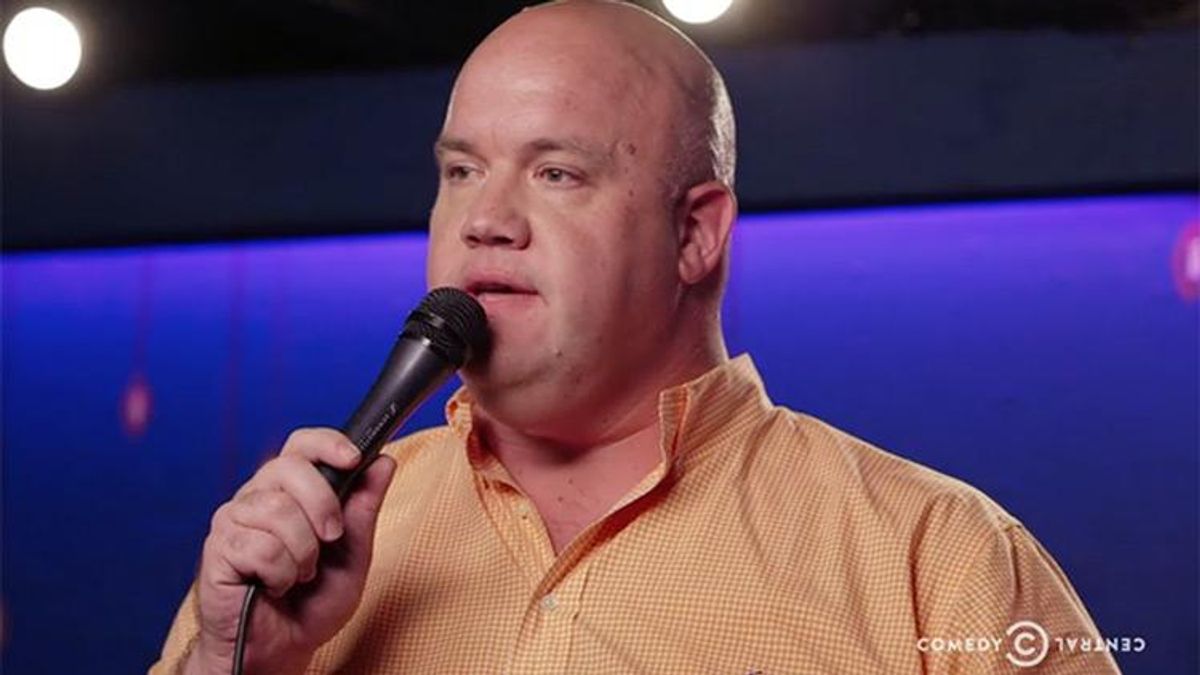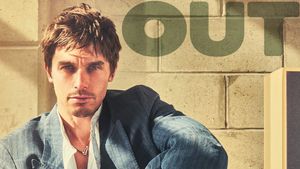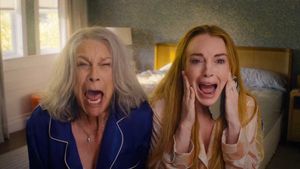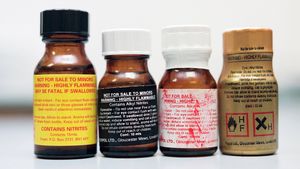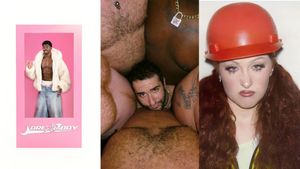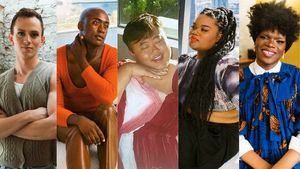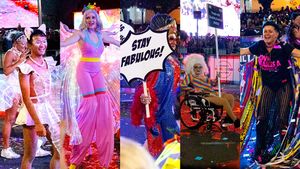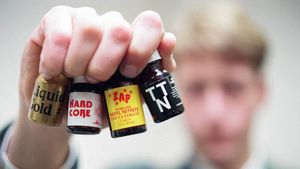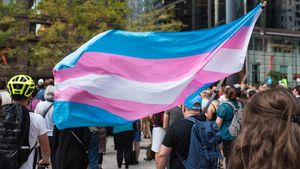With his new memoir, My Life as a Goddess, comedian Guy Branum dispels the many misconceptions we have about fat people, gleaned primarily from popular (and not so popular) culture. Fat people have historically been represented as lazy and cowardly, as unintellectual, and Guy admits that, despite how he's been told to think about his body, he does love and enjoy it a great deal.
Talking to The Advocate's podcast LGBTQ&A, Guy discusses the media's efforts to divorce people from enjoying their bodies, battles with depression, thoughts of suicide, and why gay men are comfortable interpreting the world through sex.
You can read highlights from the interview here or listen to the full podcast interview with LGBTQ&A in the audio player below.
If you like this, be sure to subscribe to LGBTQ&A on iTunes, Stitcher, or wherever you listen to podcasts.
Jeffrey Masters: A large part of your book is a breaking apart of stereotypes, be it about fat people, gay people, Jewish people. You write that there are certain assumptions we have about fat people: They're not smart, not intellectuals, they're lazy. It feels like these stereotypes are socially acceptable to hold in a way.
Guy Branum: I don't think about it in terms of stereotypes so much as just the stories that we tell. This book is very much about me trying to figure out my story by looking at the movies, TV, and books that shaped me. So many of those things gave me insight into parts of life I didn't have access to. It's sad that fat characters are always sad and pathetic, like the sad lady from This Is Us or the sad people who go on The Biggest Loser and get yelled at.
I'd argue your book is radical in that you're writing about your life and being fat, and you never once write about trying to lose weight.
I mean, God knows I've tried, but I also have to understand that I'm not going to transform my body into anything fundamentally different from the way it is. My problem isn't losing weight or not losing weight. It's this notion that fat people have to stop being, that you have to stop all aspects of your identity until you un-fat yourself and then you can have a life.
Are you saying that it's as if being fat is the only characteristic people will allow you to have?
In ways. There are times when it's hard for people to see other aspects of me. I'm sure you have an understanding that your gayness, visible or audible, will dehumanize you to a certain subset of humanity. And you get through the day. You do fine.
Recently, there's been this new public discourse around fatness, led in part by the writing of Roxane Gay and Lindy West. Has that changed how you experience your body or how other people experience it?
I would never behave as though all my self-hatred would be gone if I woke up tomorrow and, you know, this was no longer a problem. I also think that this is the me that I am and it's been wonderful in so many ways. There's a sort of effort to divorce you from enjoying your body when I did grow up enjoying my body a great deal. I like dancing. I like sex. There are aspects of sports I like. I'm supposed to feel self-conscious about myself, and I do in so many ways, but wouldn't it be so much better if we were just able to enjoy and relish our bodies?
How has your body affected dating and sex?
It's hard because I deeply love being in a community of guys who are so deeply broken that they're going to the gym twice a day and consuming nothing but whey protein. It is a magnificent, magnificent thing that I'm impressed by each and every day of my life.
I think gay guys can be comfortable interpreting the world through sex, and so much of the time, we're not even focused on what's sexual or appealing to us, but what we think the world wants of us. And I don't think I'm any better than that. I think that I am just as shallow, if not more, as any other person because nobody understands the value of being hot more than a person who isn't hot.
One of the things that really surprised me when I came out was I thought that someone would want to be my boyfriend, but screwing around would be hard. And 20 years of homosexuality has proven quite the reverse is the case. Finding sex is not hard, but finding a human being who's willing to be open and all of that is a whole lot harder than I thought. Also, me being open is a whole lot harder than I thought.
You had this quote in your book: "Our weird distance from regular heterosexual emotional interactions means that emotions are fascinating to us, but we're also distanced from them." I think that's profound.
We grow up with a huge part of ourselves that is really scary, and we had to turn off those emotions. So much of our truth was dangerous for us. It was criminally dangerous to us until not long ago, and it's socially dangerous still today in so many ways.
You're very open about your depression. Have you had a breakthrough in dealing with it or is it a constantly evolving thing?
It's the wonderful knowledge that I will always be unhappy to some extent, even when good things happen to me. Up until I was in law school, it was this aspect of my life that didn't have a name and I'd just get mad at myself about. Then after I came out, it got bad enough that I really needed to seek help. I went on medication, I started talk therapy, and I saw the change happen of having these things that seemed insurmountable become surmountable and manageable.
You've said that every time someone kills themself, a part of you thinks, Thank God that wasn't me.
Oh, where did you see that? That is one of my most closely held thoughts. I like that you're forcing me to talk about this thing. I do. Every time someone kills themself, a little part of me is slightly proud that I haven't killed myself.
Is suicide a concept that you know exists. or do you think about actively killing yourself?
There are times in my life when things seemed dark enough that it seemed like a simpler answer. I will have irrational thoughts that way when I'm in a bad depression, but I now know them for what they are. We all experience hard things in life, and there's always a temptation to let that hardness, combined with our brain chemistry, tell us that we're not worthy enough or not good enough, and it is the grimmest of things.
When I see that someone has killed themselves, I'm always slightly proud of myself for not having killed myself. And if anyone is offended by that, that's a perfectly reasonable response to have. Us pretending that we are only our best selves is dangerous.
This interview has been edited and condensed. Click here to subscribe and listen to the full podcast interview on LGBTQ&A.
